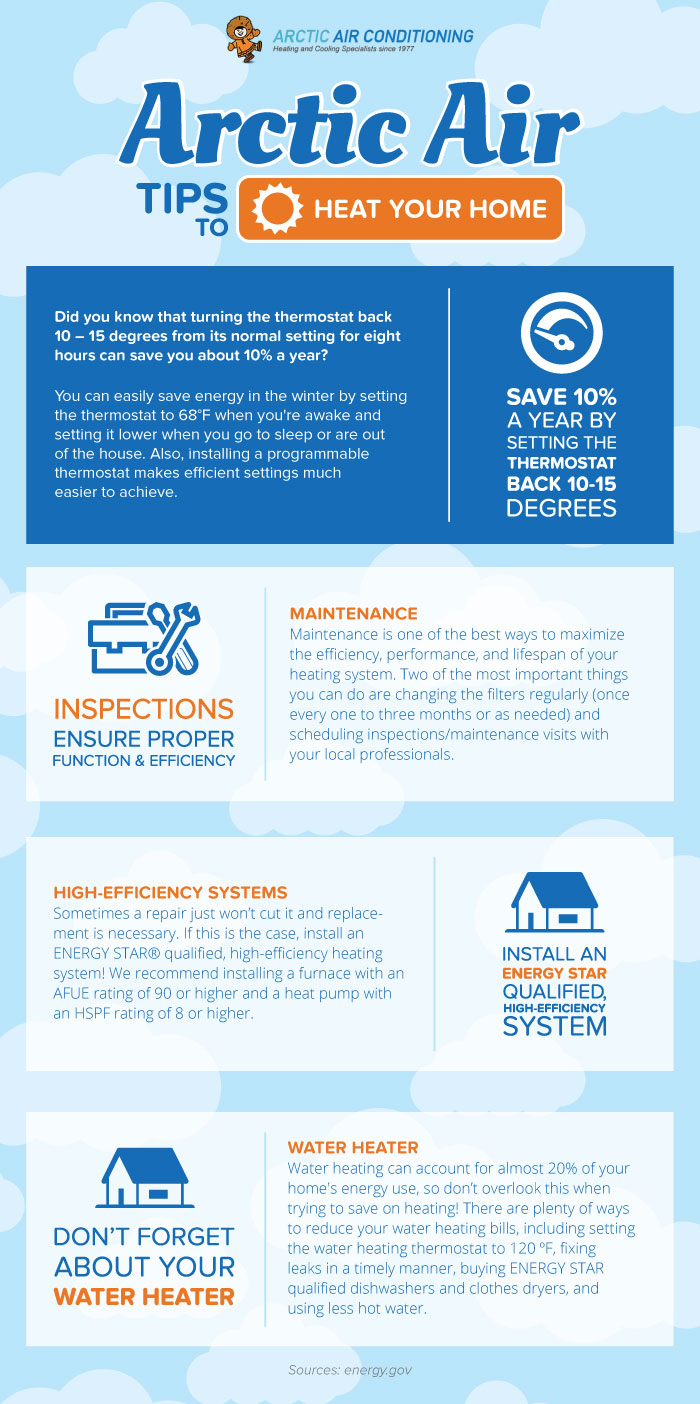The Future Of Home Heating - Just How Heat Pump Innovation Is Advancing
The Future Of Home Heating - Just How Heat Pump Innovation Is Advancing
Blog Article
Published By-Skaaning Roy
Heatpump will be an essential modern technology for decarbonising heating. In a situation regular with federal governments' announced power and climate dedications, their global capacity doubles by 2030, while their share in home heating rises to one-quarter.
They function best in well-insulated homes and depend on electrical power, which can be supplied from a renewable power grid. Technological innovations are making them more effective, smarter and more affordable.
Fuel Cells
Heatpump use a compressor, cooling agent, coils and followers to relocate the air and warmth in homes and appliances. They can be powered by solar energy or electrical power from the grid. They have been gaining appeal due to their low cost, quiet operation and the ability to generate electrical power during peak power need.
Some companies, like IdaTech and BG MicroGen, are servicing fuel cells for home heating. These microgenerators can change a gas central heating boiler and produce some of a home's electrical demands with a link to the power grid for the rest.
However there are factors to be doubtful of using hydrogen for home heating, Rosenow states. It would certainly be expensive and inefficient contrasted to other modern technologies, and it would certainly add to carbon emissions.
Smart and Connected Technologies
Smart home technology allows property owners to link and regulate their gadgets remotely with making use of smart device applications. For example, clever thermostats can discover your home heating preferences and instantly get used to maximize energy usage. Smart lights systems can be regulated with voice commands and immediately shut off lights when you leave the room, reducing energy waste. And smart plugs can keep track of and handle your electric use, allowing you to identify and limit energy-hungry appliances.
The tech-savvy family shown in Carina's meeting is an excellent image of how passengers reconfigure room heating methods in the light of new wise home innovations. They count on the devices' computerized features to perform day-to-day modifications and regard them as a convenient ways of conducting their home heating practices. Because of this, they see no reason to adjust their methods additionally in order to make it possible for flexibility in their home power need, and interventions aiming at doing so may encounter resistance from these families.
Electricity
Given that heating up homes represent 13% of US discharges, a button to cleaner choices could make a large distinction. However your input here challenges: It's expensive and needs comprehensive home renovations. And it's not always suitable with renewable energy resources, such as solar and wind.
https://www.nwitimes.com/community/southland/ask-the-expert---hvac-home-comfort-tips-by-doornbos-heating-air-conditioning/article_5b2b3fe8-2840-11ec-a329-eb33994096a6.html , electric heatpump were too pricey to take on gas versions in most markets. But new technologies in style and products are making them a lot more cost effective. And far better cool environment efficiency is allowing them to work well also in subzero temperature levels.
The next action in decarbonising home heating might be the use of warmth networks, which attract warmth from a main source, such as a neighboring river or sea inlet, and distribute it to a network of homes or buildings. That would certainly reduce carbon exhausts and allow homes to make use of renewable energy, such as eco-friendly electrical energy from a grid provided by renewables. This choice would be less costly than switching over to hydrogen, a fossil fuel that requires new facilities and would just lower carbon dioxide discharges by 5 percent if paired with enhanced home insulation.
simply click the following site
As electrical energy rates drop, we're beginning to see the very same trend in home heating that has actually driven electrical automobiles into the mainstream-- yet at an also much faster pace. The strong climate situation for impressive homes has been pushed better by new research study.
Renewables make up a significant share of modern heat usage, but have actually been offered minimal policy interest internationally compared to other end-use sectors-- and even less attention than electricity has. Partly, this reflects a mix of customer inertia, divided rewards and, in numerous countries, subsidies for fossil fuels.
New modern technologies can make the change easier. As an example, heat pumps can be made more power efficient by replacing old R-22 cooling agents with brand-new ones that don't have the high GWPs of their predecessors. Some professionals likewise visualize area systems that draw warmth from a nearby river or sea inlet, like a Norwegian arm. The warm water can then be used for heating and cooling in a community.